"The fierce phase of the war in Rafah City (southern Gaza) is coming to an end," Mr. Netanyahu said on June 23 in an interview with Israel's Channel 14, but he did not mention a specific time.
Intention to shift focus
However, Prime Minister Netanyahu stressed that this does not mean the end of the war in Gaza. He stated that after the fierce phase is over, the Israeli army will shift its focus to the northern border, where many tense clashes have occurred between Israel and Hezbollah forces in Lebanon in recent weeks, according to AFP.
Is the most intense phase of conflict in Gaza coming to an end?
Meanwhile, the chances of a ceasefire between Hamas and Israel continue to fall into a deadlock after Mr. Netanyahu's latest statement. Accordingly, the Israeli leader firmly refuses to accept the condition of a permanent ceasefire and an end to the war in the hostage exchange agreement, while this is a prerequisite demand of Hamas.
Referring to the post-war scenario in Gaza, Mr. Netanyahu said that Israel would assume military control in the near future, while also wanting to create a civilian administration to manage humanitarian aid and civilian affairs in the Gaza Strip. He made a similar proposal in February, but it was rejected by Hamas and the Palestinian Authority.
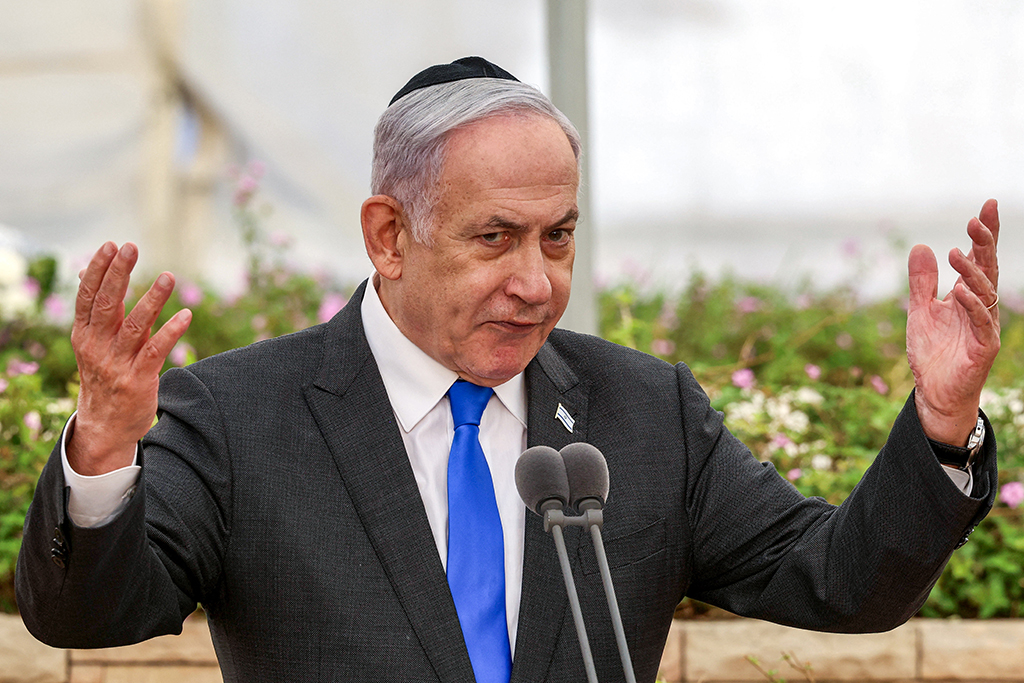
Prime Minister Benjamin Netanyahu in a recent speech
Risk of conflict spreading
Reuters reported that General Charles Q. Brown, Chairman of the US Joint Chiefs of Staff, warned on June 23 that Israel's plan to attack Lebanon could spread the conflict, drawing in Iran and pro-Tehran armed groups. He noted that Hezbollah has far more potential than Hamas and possesses many types of weapons. If a full-scale war breaks out, Tel Aviv will have to stretch its strength on two fronts - Gaza in the south and Lebanon in the north.
According to General Brown, based on the US military positions and the close distance between Israel and Lebanon, it would be difficult for the US to protect Israel from Hezbollah attacks, as Washington supported Tel Aviv in intercepting a large Iranian attack in April.
Hezbollah attacks military positions in Israel; US chief of staff warns
Speaking on June 23, Prime Minister Netanyahu affirmed that Israel wants to find a diplomatic solution to the conflict with Hezbollah, but also made it clear that Tel Aviv is ready to fight on multiple fronts at the same time if it has to use force. Mr. Netanyahu is confident that Israel is capable of dealing with attacks on energy infrastructure, using "unique" protection measures, although he did not give further details.
On the same day, Israeli Defense Minister Yoav Gallant traveled to Washington DC (USA) to discuss the next phase of the Gaza campaign and the escalating tension with Hezbollah. Mr. Gallant said that during his stay in the US, there will be many meetings "important to the war".
America no longer prioritizes arms aid to Israel?
The Times of Israel on June 23 quoted a US official as saying that the Biden administration had in recent months suspended the emergency procedure used to expedite arms deliveries to Israel. This partly explains Netanyahu’s public criticism last week of the US halting arms deliveries to Tel Aviv, which the White House denied, explaining that aid shipments were continuing at a normal pace.
The US official said that “normal speed” meant that Washington would now follow the basic procedure, rather than prioritizing fast-track shipments to Israel as it did at the beginning of the conflict. The official added that the move coincided with a significant slowdown in Israeli military activity in Gaza. Another Israeli official said that the US suspension of the priorities would not affect Israel’s ability to operate in Gaza or Lebanon.
Source: https://thanhnien.vn/tuyen-bo-buoc-ngoat-cua-thu-tuong-israel-ve-gaza-185240624215314786.htm






























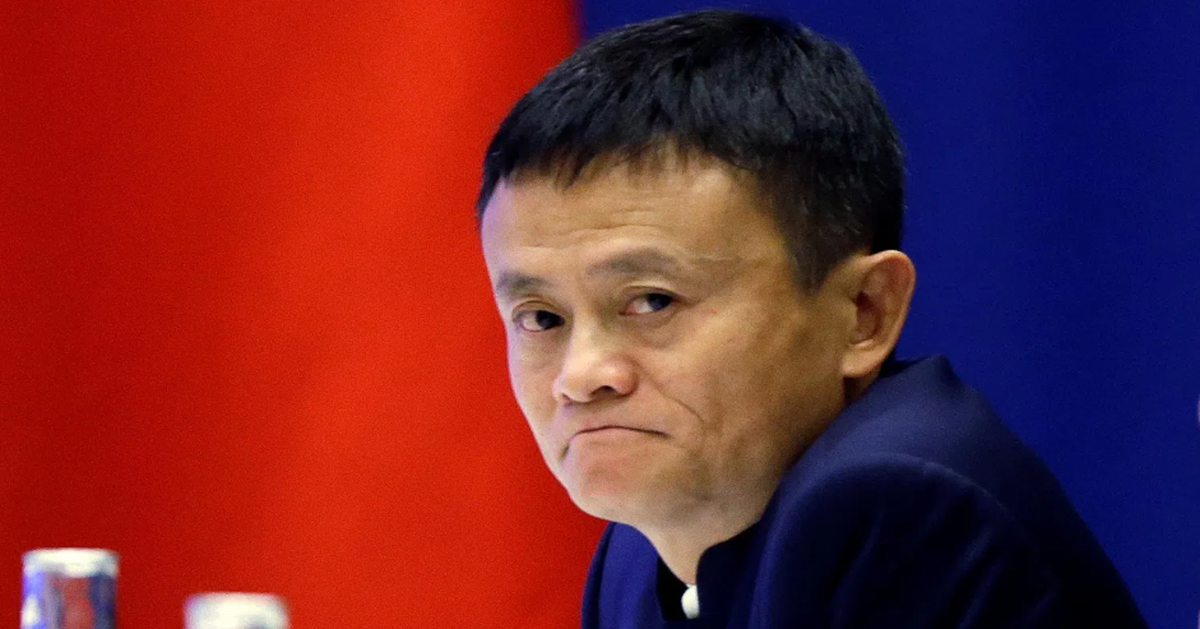










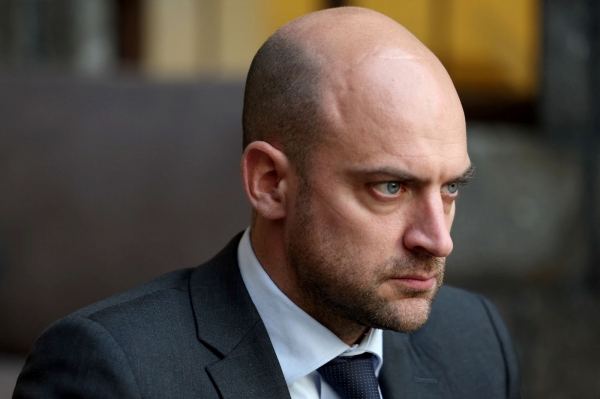

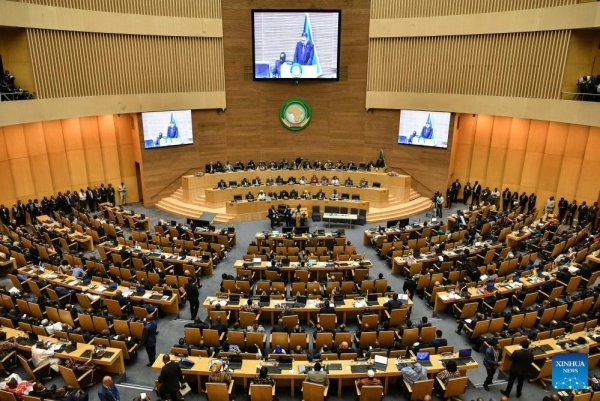

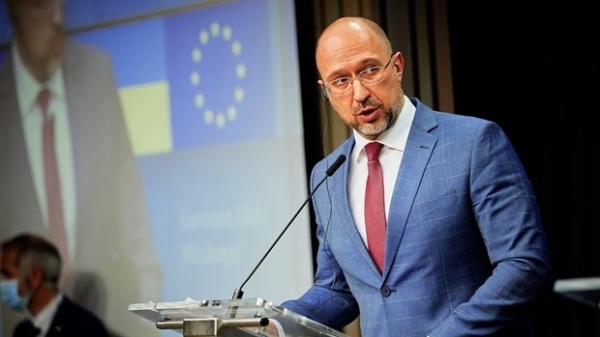
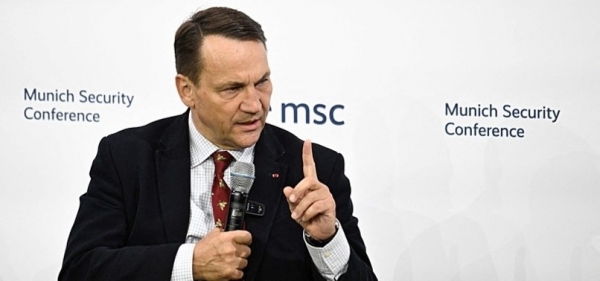
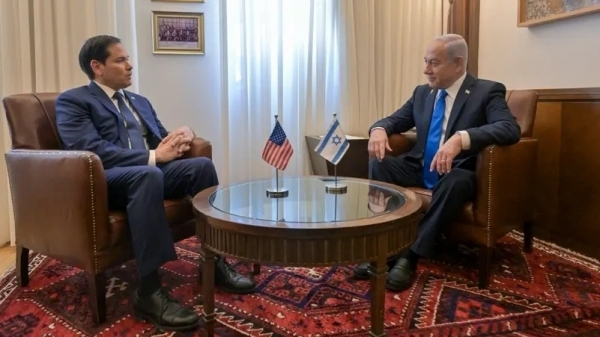


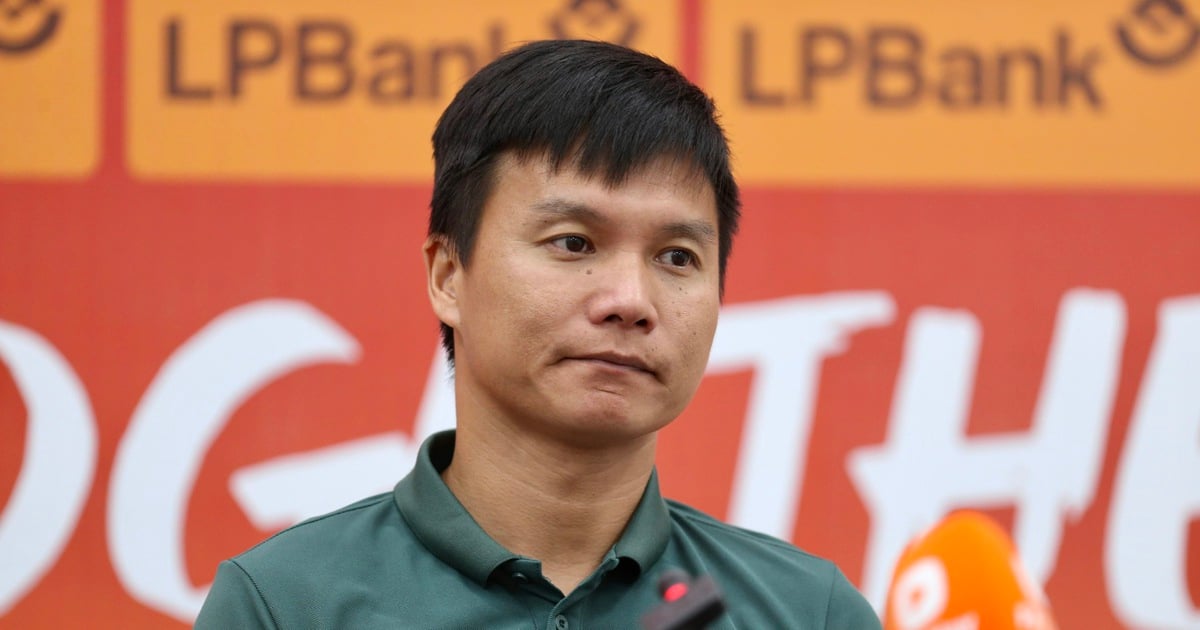

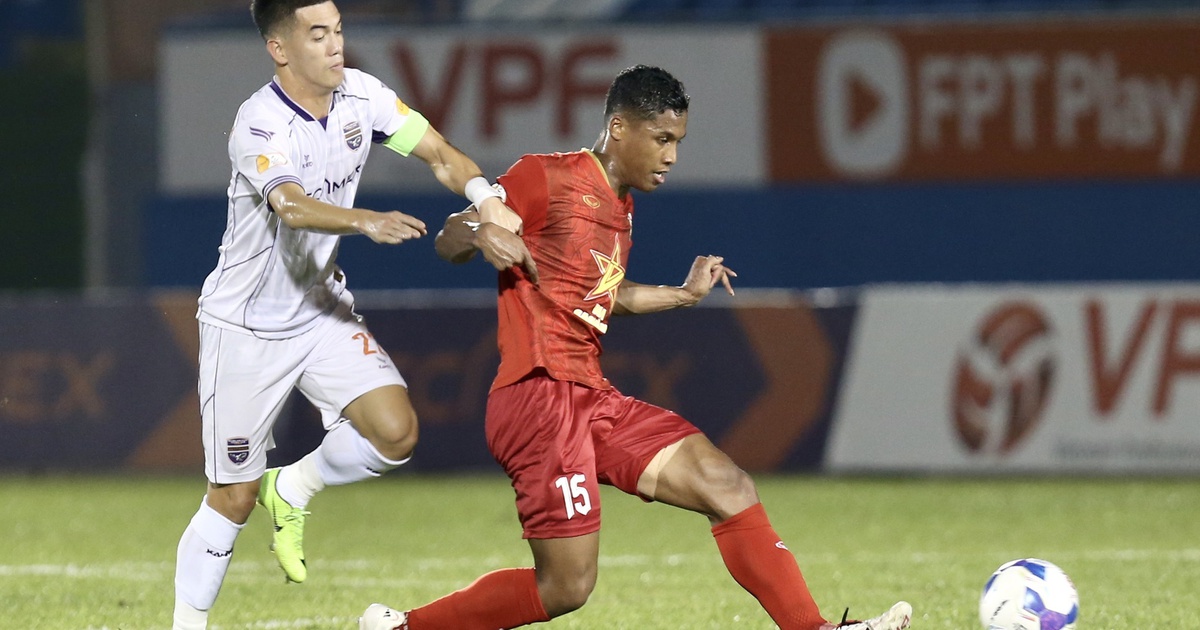













Comment (0)